What Gen Z Is Saying in 2025? 10 Slang Terms You Need to Know
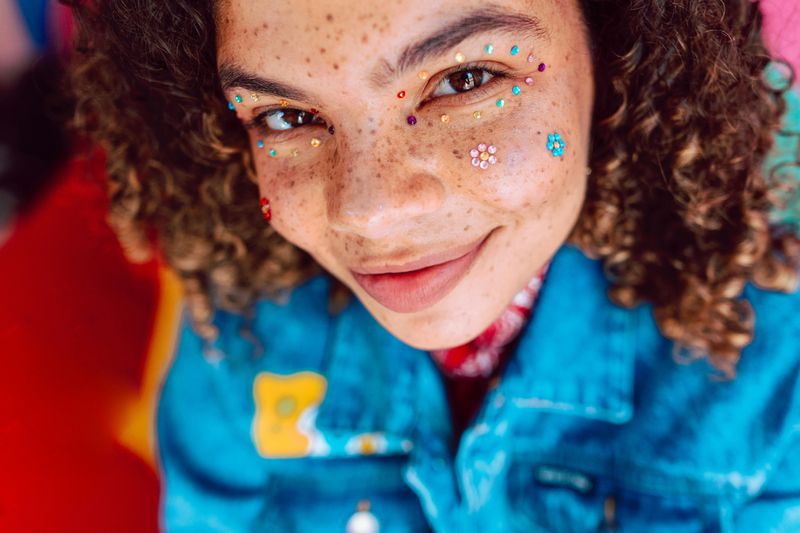
As the year 2025 unfolds, the colorful tapestry of language woven by Generation Z continues to evolve, bringing a slew of new slang terms that captivate not only their peers but also intrigue older generations. With social media platforms acting as catalysts, these trendy expressions rapidly gain traction, shaping conversations both online and offline. Understanding this unique vernacular is key to bridging generational gaps and participating in the dynamic digital discourse. From catchy phrases that encapsulate complex emotions to words that reflect societal trends, Gen Z’s slang is a window into their worldviews and cultural nuances. Let’s explore ten of the most popular slang terms defining 2025’s linguistic landscape.
1. Rizz
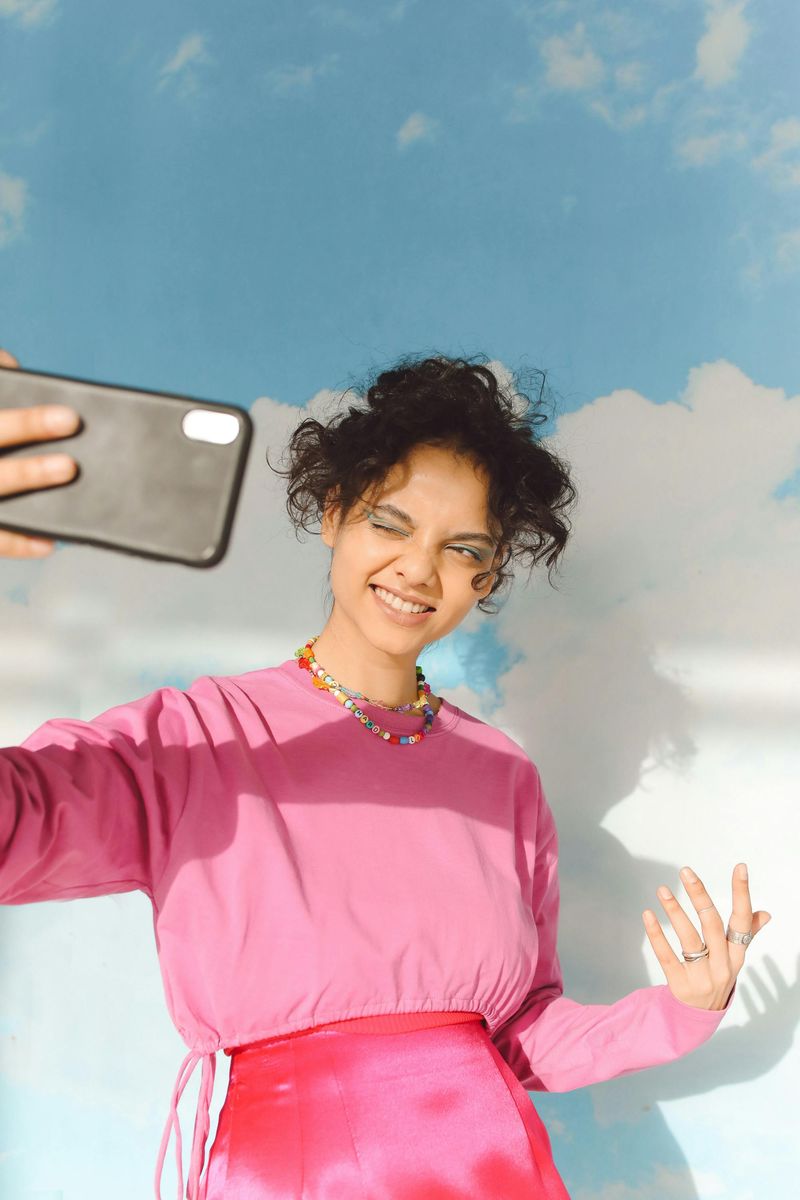
“Rizz,” short for “charisma,” is the essence of what makes someone charming and captivating. Imagine walking into a room and all eyes are on you, not because of what you wear, but because of an aura that draws people in.
In 2025, having rizz means possessing an effortless ability to attract and engage, whether it’s making new friends or charming a crowd. It’s not just about looks or natural talent; it’s about a unique blend of confidence and appeal that can’t be easily defined.
As Gen Z continues to redefine social interactions, rizz becomes a sought-after trait that transcends superficial judgments.
2. Delulu

In the whimsical world of 2025’s Gen Z, “delulu” stands out as a playful twist on “delusional.” It’s that friend who believes their latest crush will magically call them, despite all evidence to the contrary.
Delulu is a term of endearment as much as it is teasing, capturing the essence of romantic naivety that keeps hope alive even when logic says otherwise. It’s a gentle nudge rather than a harsh critique, used fondly among friends.
This slang embodies the dreamy optimism of youth, where fantasies and reality often blur, allowing imaginations to soar unabated by skepticism.
3. Bet
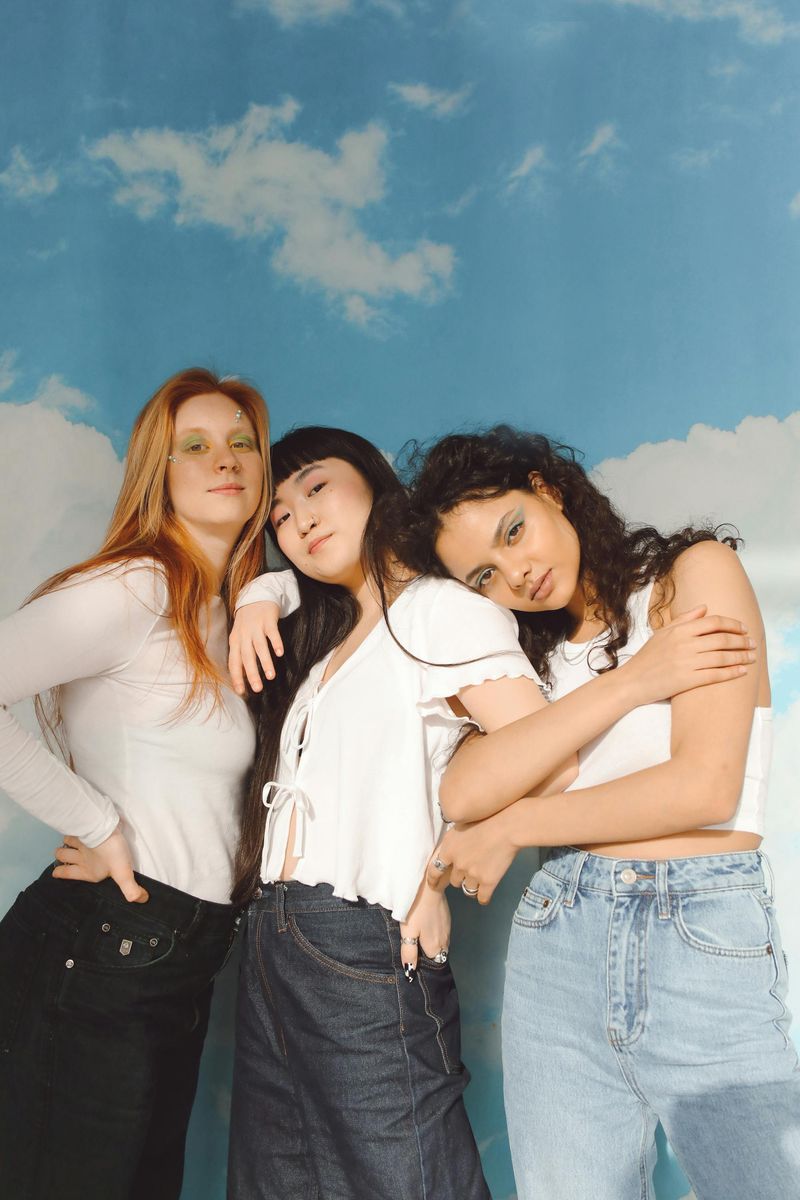
Simple yet potent, “bet” is the verbal nod of agreement that echoes with certainty among Gen Z. It’s the modern equivalent of saying “Okay” or “Sure,” but with a layer of cool nonchalance.
When someone says “bet,” they’re not just agreeing; they’re affirming with a sense of enthusiasm. It’s versatile, slipping into conversations to confirm plans, acknowledge statements, or seal deals with friends.
In 2025, “bet” exemplifies the directness and minimalism that characterize Gen Z communication, making it an indispensable part of their linguistic toolkit.
4. Cap / No cap
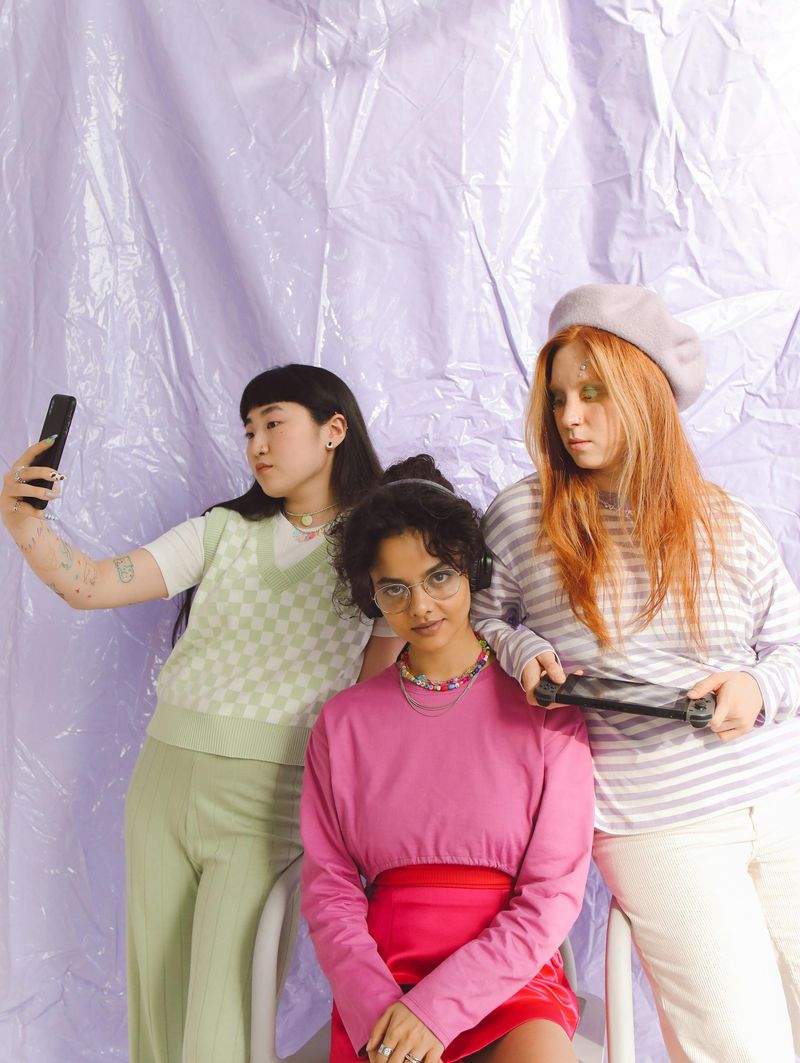
In the playful yet discerning vernacular of Gen Z, “cap” and “no cap” serve as linguistic guardians of truth and fiction. To “cap” is to lie, while “no cap” is the seal of authenticity.
This phraseology roots itself in a culture that values honesty and integrity, allowing young people to navigate social dynamics with clarity. It’s a call-out culture tool, where exaggerations and embellishments are swiftly identified.
By 2025, these terms become more than just slang; they are the markers of trustworthiness in a world flooded with information, providing clarity and transparency in conversations.
5. It’s giving

“It’s giving” is a phrase that has effortlessly integrated into Gen Z’s 2025 lexicon, used to articulate the vibes or aesthetics something or someone embodies. Imagine assessing an outfit or a mood and declaring, “It’s giving vintage chic,” or “It’s giving chaotic energy.”
This expression captures the essence of how appearances or actions resonate on a deeper level, allowing individuals to convey complex concepts succinctly. Whether complimenting or critiquing, “it’s giving” provides a creative outlet for self-expression.
In the dynamic world of digital aesthetics, this phrase becomes a versatile tool, defining and redefining cultural cues.
6. Lock in
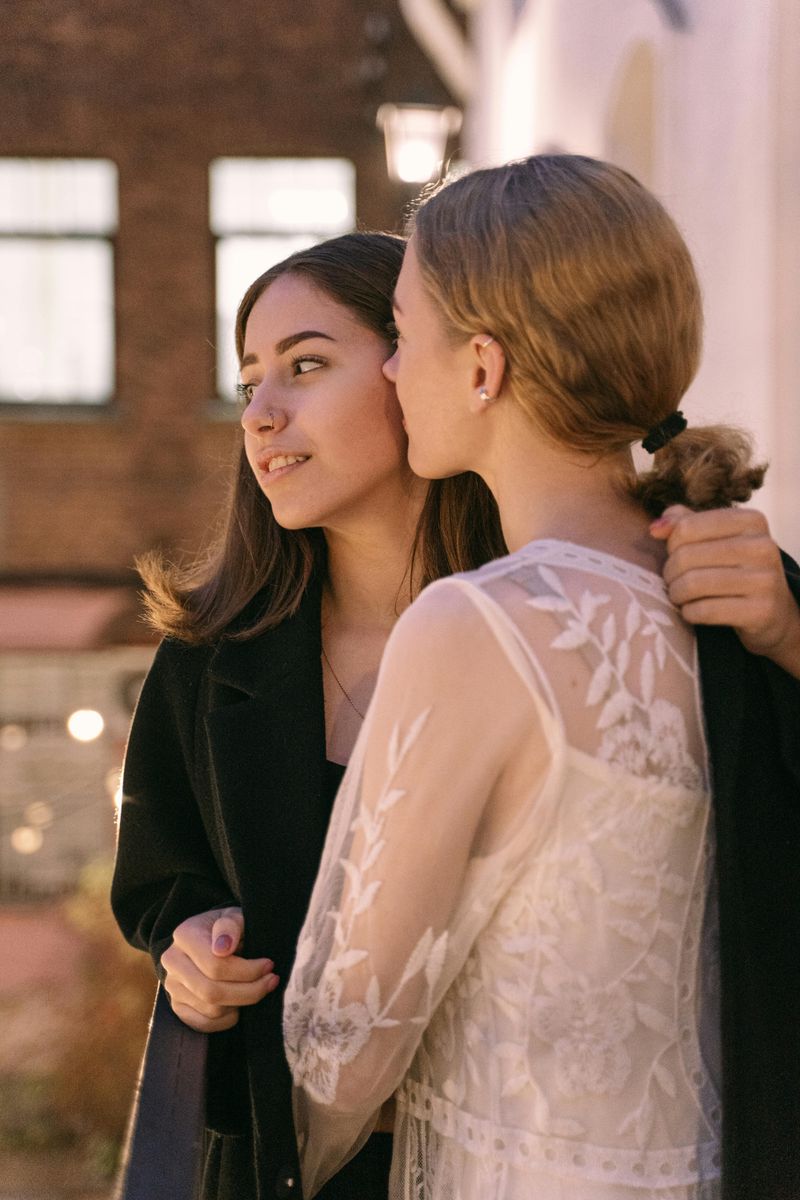
In 2025, “lock in” becomes the mantra for intense focus within Gen Z’s buzzing lifestyle. It’s about tuning out distractions and immersing oneself fully in a task or project.
Whether studying for exams, working on creative endeavors, or playing a competitive game, to “lock in” is to commit mentally and physically. This term reflects a counterbalance to the often chaotic digital age, emphasizing the value of dedication.
For Gen Z, “locking in” is not just about productivity; it’s about mindfulness and the satisfaction derived from deep concentration and achieving personal goals.
7. Crashing out
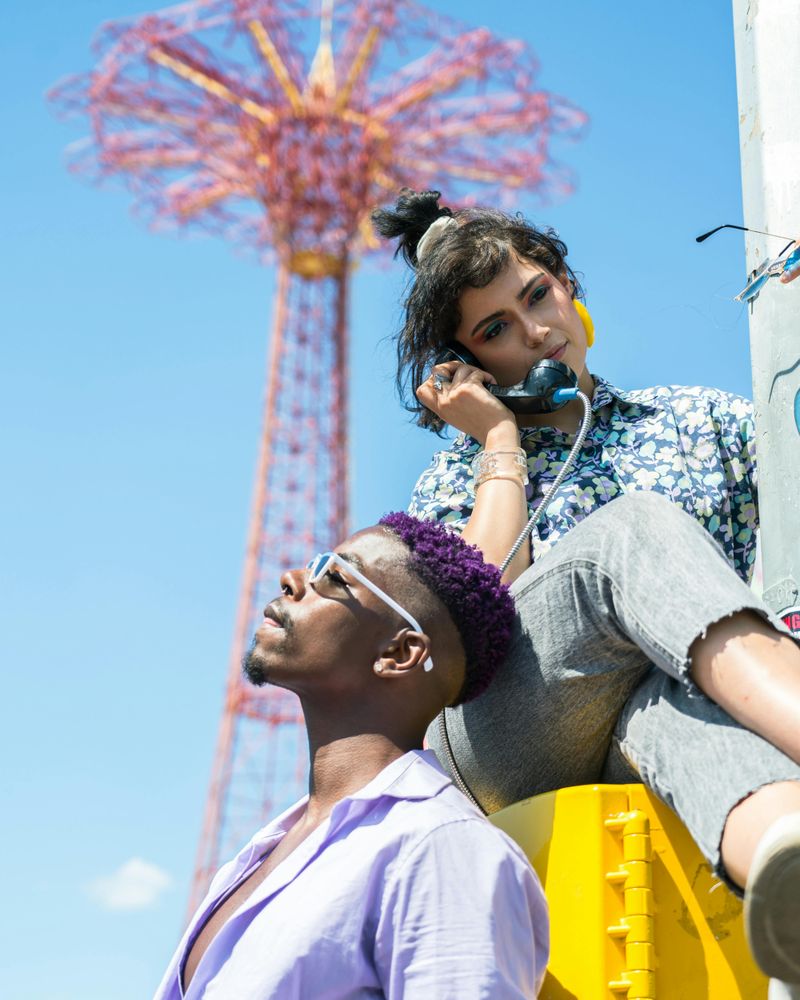
The phrase “crashing out” dramatizes the moments when emotions overflow among Gen Z. It’s that point where composure is lost, whether through tears, laughter, or a mix of both.
This term highlights the generation’s openness to express emotions freely, without fear of judgment. It’s a testament to the importance they place on emotional authenticity and vulnerability in relationships.
By 2025, “crashing out” becomes a celebrated phenomenon rather than a source of embarrassment, showcasing the evolving attitudes towards mental health and emotional well-being in a fast-paced world.
8. Aura farming
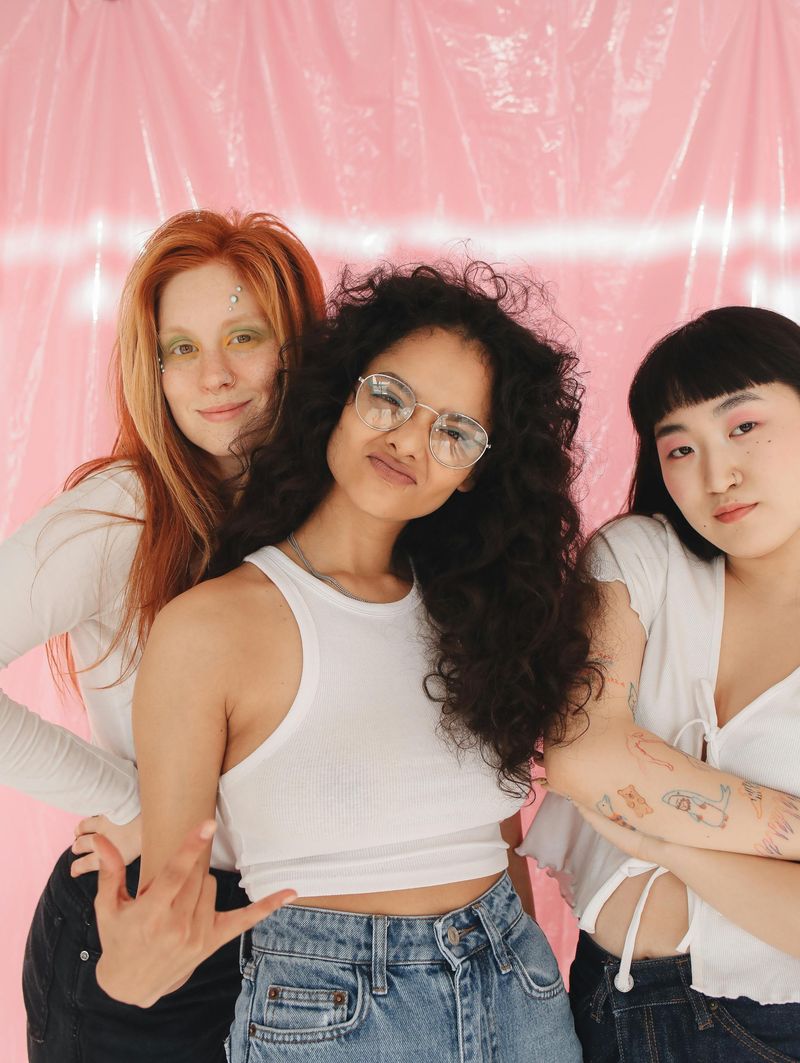
In the realm of 2025, “aura farming” captures the art of curating one’s social image with deliberate mystique. It’s about collecting “vibe points” to enhance perceived coolness or depth.
This practice reflects Gen Z’s savvy understanding of social dynamics, where personal branding plays a crucial role. Aura farming involves crafting an enigmatic persona that piques curiosity and admiration.
For those navigating both digital and real-life interactions, this term exemplifies the strategic layering of personality and style, transforming everyday presence into a captivating narrative.
9. Brain rot / Brainrot

“Brain rot” humorously defines the consequence of consuming trivial, low-effort online content that leaves the mind numb. In 2025, it’s the result of endless scrolling through memes, videos, or clickbait articles.
This term acknowledges the digital fatigue felt by Gen Z, highlighting the need for mindful content consumption. It pokes fun at the paradox of being endlessly entertained yet mentally drained.
By identifying “brain rot,” Gen Z embraces a self-aware approach to digital culture, encouraging a balance between online engagement and mental well-being.
10. 6-7
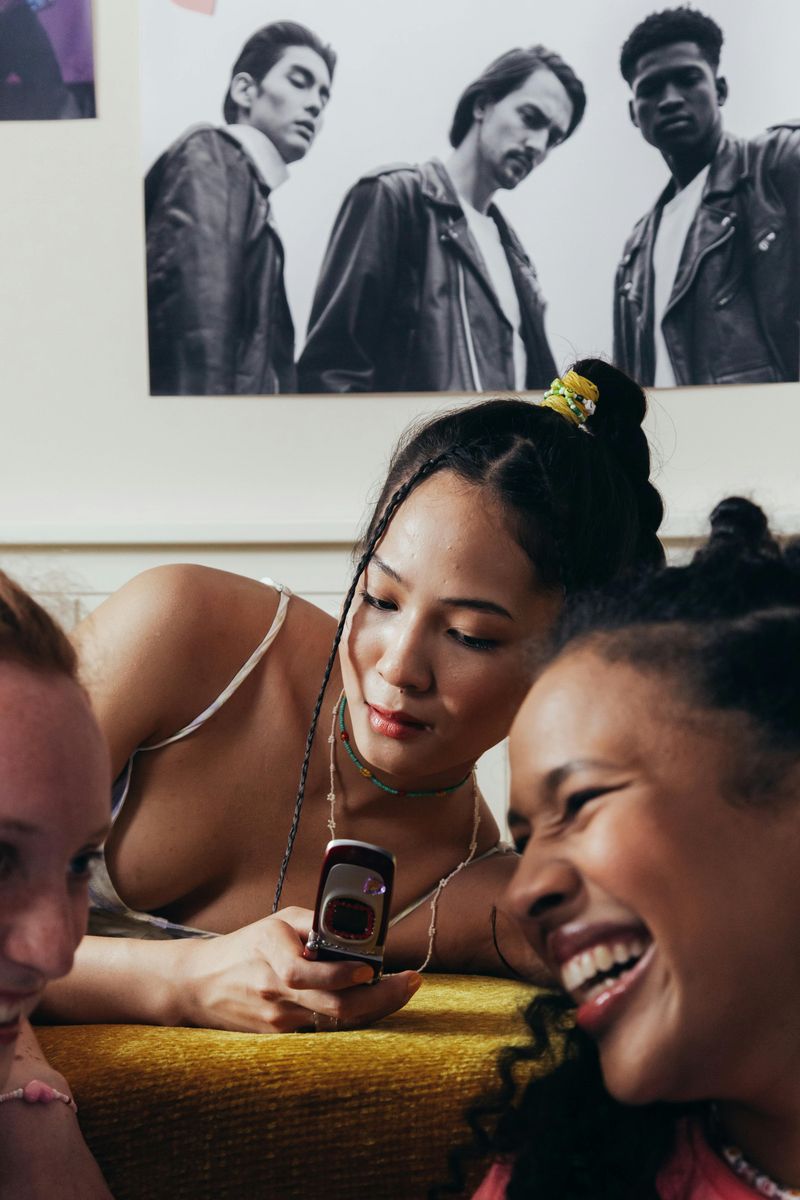
Emerging from the viral echo chambers of 2025, “6-7” traces its origins to a lyric in the song Doot Doot, captivating the imaginations of Gen Z and Gen Alpha alike.
This meme-slash-slang term represents a flexible expression, adaptable to various contexts. Whether it refers to time, sequence, or just a catchy phrase, “6-7” is the epitome of linguistic playfulness.
It underscores the creative spirit of a generation unafraid to redefine language, transforming catchy lyrics into cultural phenomena that transcend traditional meanings.

Comments
Loading…